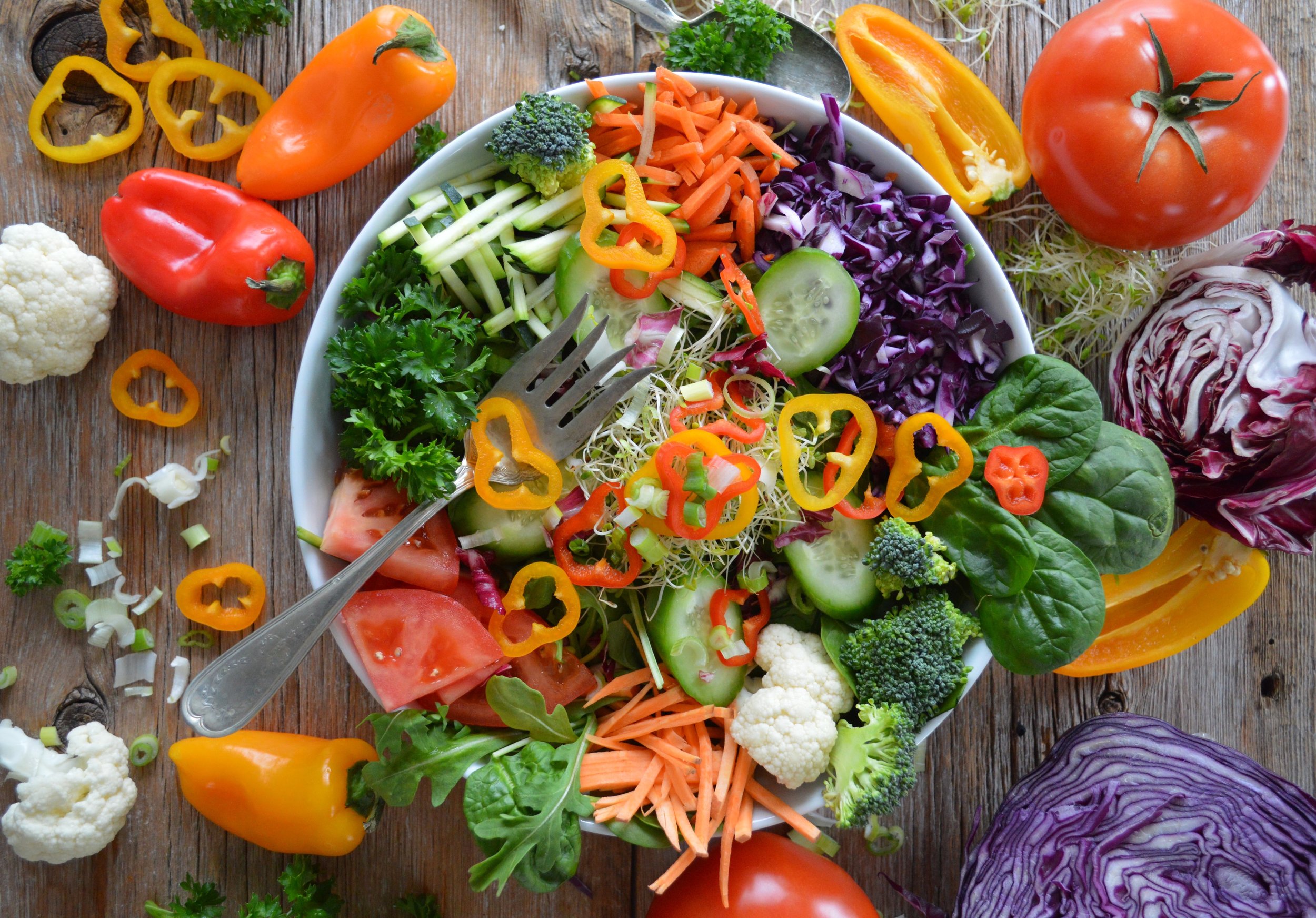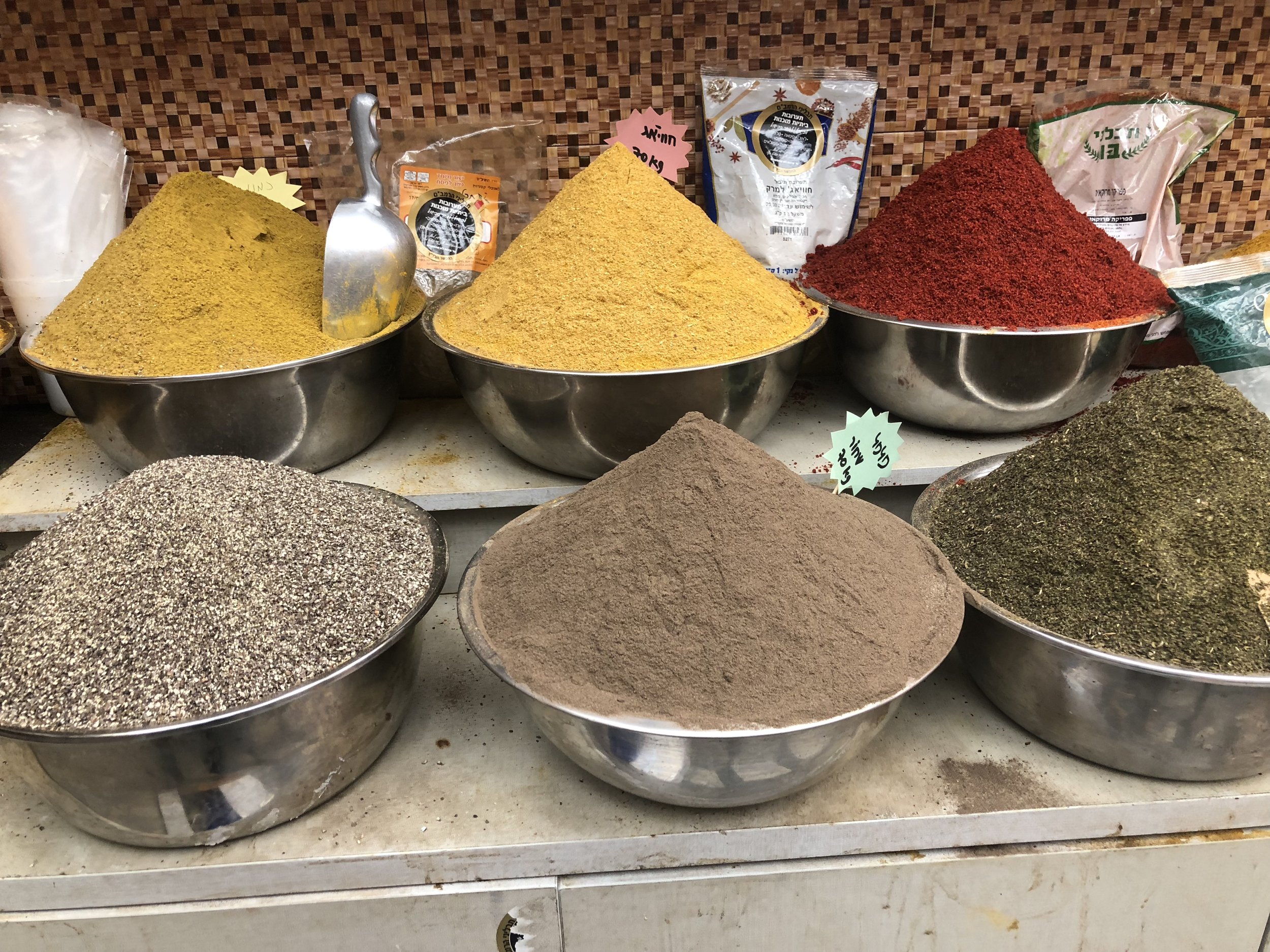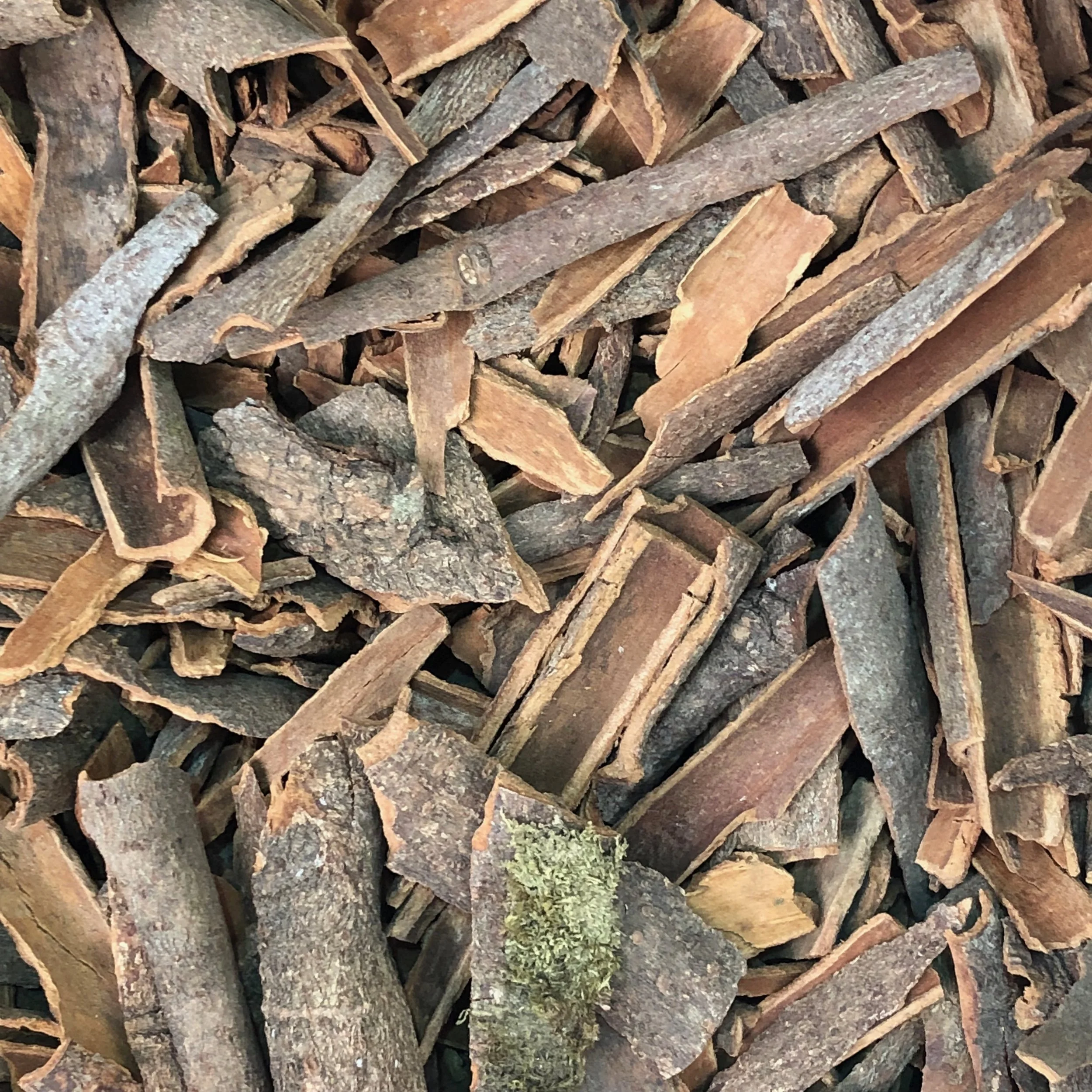What’s the Difference Between Herbs and Spices?
/Machaneh Yehudah market in Jerusalem, israel
I’ve always known that food tastes better when it is seasoned properly. But have you ever wondered about the difference between herbs and spices?
One of my favorite places to visit in my neighborhood is the herb garden at the Beverly Hills Hotel. From what I can determine, it’s close to a hundred years old and is still used by the chefs to season their culinary creations.
If you want super-fresh spices, and you just happen to be in Israel – like I was in August 2019 – a fabulous place to visit is the Machaneh Yehudah market in Jerusalem. The variety is outstanding and the aromas are delectable.
What Is An Herb? What Is A Spice?
In his seminal ode to domestic life, “At Home: A Short History of Private Life”, author Bill Bryson offers a chapter about the European spice trade. He clarifies a topic that I had never really considered until this summer, despite my visits to the Beverly Hills Hotel or my love of seasoned food:
“The difference between herbs and spices is that herbs come from the leafy part of plants and spices from the wood, seed, fruit or other non-leafy part.”
The Old Farmer’s Almanac provides a bit more detail:
“An herb is the green, leafy part of the plant. A spice can come from the root, stem, seed, fruit, flower or bark of the tree or plant. And a plant can be host to both an herb and spice at the same time like cilantro and coriander. Cilantro is the aromatic leaf of the plant, Coriandrum sativum, while coriander is the seed that comes from that same plant.”
indian cinnamon sticks, machaneh yehudah market in jerusalem, israel
Herbs And Spices Add Flavor, Aroma, Texture And More
The basic use of both herbs and spices is to incorporate into dishes to add flavor, aroma, texture, color and nutrients. However, they are also used for food preservation and to retard spoilage. Additional functions include use as medicinal and healing agents for their antimicrobial, antioxidant, antiviral, anti-fungal and anti-inflammatory properties. Rosemary, turmeric, basil, cumin, cloves, oregano, pimento pepper, black pepper, thyme, marjoram, ginger, fennel and many others are utilized beyond their culinary function.
SHrubby jerusalem sage in makura farm, carmel valley, israel
It really is worth taking the time to understand the extent of how herbs and spices may be used to enhance our lives. Thus, the focus of the next few posts will be on herbs and spices.
How To Shop For The Best Herbs and Spices: Some Recommendations
To maximize their benefits when shopping for them, these are my recommendations:
WHOLE
Always opt for whole, not ground-up. They will retain their potency for much longer than herbs (which go stale) and ground-up spices (which go rancid). The grinding process exposes more surface area to the air and releases the volatile oils that give the spices their potency. They will go rancid more quickly. A coffee grinder is a good way to grind spices when you require them.
NON-IRRADIATED
In order to take advantage of the medicinal benefits, try to purchase non-irradiated spices. Just as packaged foods are pasteurized, the spice industry uses ionizing radiation to kill bacteria 🦠. There is good intention: According to the FDA, “food irradiation (the application of ionizing radiation to food) is a technology that improves the safety and extends the shelf life of foods by reducing or eliminating microorganisms and insects”. However, the irradiation also sterilizes the spices by killing the good bacteria, damaging nutrients, reduces the flavor and possibly produces free radicals.
Brands that I recommend include Frontier Co-op, Simply Organic and Aura Cacia. Frontier Co-op and Simply Organic are easy found at Whole Foods, Cooportunity and many other mid- to high-end markets in major American cities.
Mountain Rose Herbs in Oregon is a very reputable online vendor.
It is also likely that purchases from small local growers are non-irradiated.
ORGANIC
Purchase organic (which, by definition, excludes irradiated spices). This also ensures that your spices are free of fillers (such as sugar, rice and flour), preservatives, artificial flavors and other contaminants – all things that the FDA does not require for non-organic spices. You will be surprised what shows up in your food these days.
STORAGE
The best way to store them is to keep them away from heat, light and air.
With so much variety and such powerful uses – hundreds of herbs and spices are sold on the market, while alternative medical doctors urge us to take herbs to heal what ails us – why do most of us go through our daily lives sprinkling just salt and pepper as our condiments of preference? That’s a whole other story, one that Bill Bryson addresses in his fabulous book.





